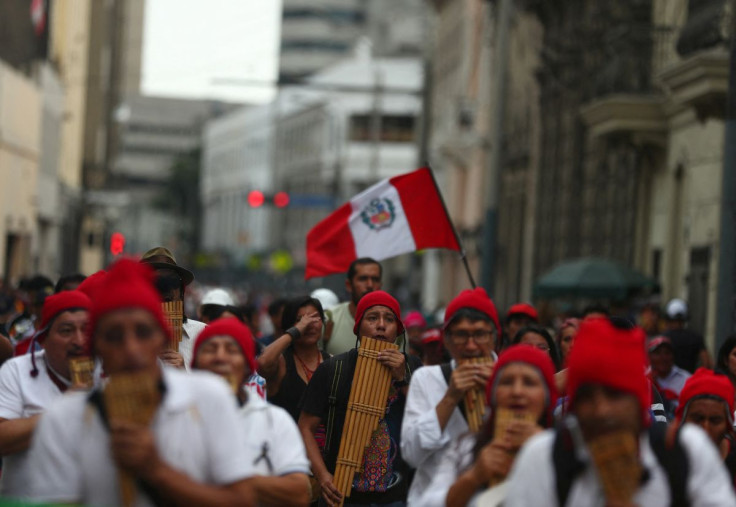
Lima's mayor Rafael López Aliaga has closed the Place of Memory, Tolerance and Social Inclusion, which was supposed to be a museum of memories.
It was a place of dialogue and reconciliation where the people of Peru could commemorate those who were killed in a brutal conflict in the 1980s and 1990s. Tens of thousands of people were killed during that time, reported The Guardian.
It was a brutal conflict between the authorities and the separatists, and by opening the museum, Peruvians wanted to create a space for remembering everyone who died in that decade.
The museum opened to the public in 2015, and since then, it got around 60,000 visitors every year, as per The Collector.
The municipality of Miraflores closed the museum last week. It is a district of Lima whose mayor Carlos Canales belongs to Aliaga's political party.
Aliaga has now presided over the museum's closure. It is a move that human rights activists fear reflects a denial of the mass killings that were carried out by the armed forces in the conflict.
The failure of the Place of Memory, Tolerance and Social Inclusion, known by its Spanish acronym Lum, to meet municipal safety norms was the official reason for its sudden closure.
But Aliaga, who is the founder of the far-right National Renovation party, has long opposed to the museum.
The mayor, who is a member of the ultra-conservative Catholic group Opus Dei, has alleged that the Lum peddles a "false narrative" about the period of violence between 1980 and 2000. Nearly 70,000 people were killed not just by the Shining Path rebels but also by the armed forces, Peru's Truth and reconciliation commission revealed.
In January, the mayor said that the museum was an "offense" to their country. He thought that it should be put under the control of the armed forces. He insisted that it was time to "take control of the narrative."
Peruvian sociologist Eduardo González Cueva said that the move took him by surprise. The human rights consultant who is working at the International Centre for Transitional Justice in New York believes that the move by the mayor fits into a trend of rightwing's denial of crimes that are committed by state forces in Latin America.
Cueva said that Aliaga is immersed in this "kind of extremist position, but he also knows that this is an act of opportunism that makes sense in terms of feeding the narrative of his base."
News of the museum's closure came at a time when Amnesty International was set to launch a report at the Lum criticizing the armed forces' disproportionate use of force in recent violent protests.
In the same week, Lima's mayor also hosted the second annual meeting of the Foro de Madrid. It is organized by the think tank of the far-right Spanish political party Vox, which claims its mission is to defend democracy in Latin America from the "threat of communism."
Cueva said that this is the "current political juncture we are living in Peru right now," and that extremist positions can try to take over the "narrative because the government has given itself to the public dissemination of extremist fantasies."
© 2025 Latin Times. All rights reserved. Do not reproduce without permission.



